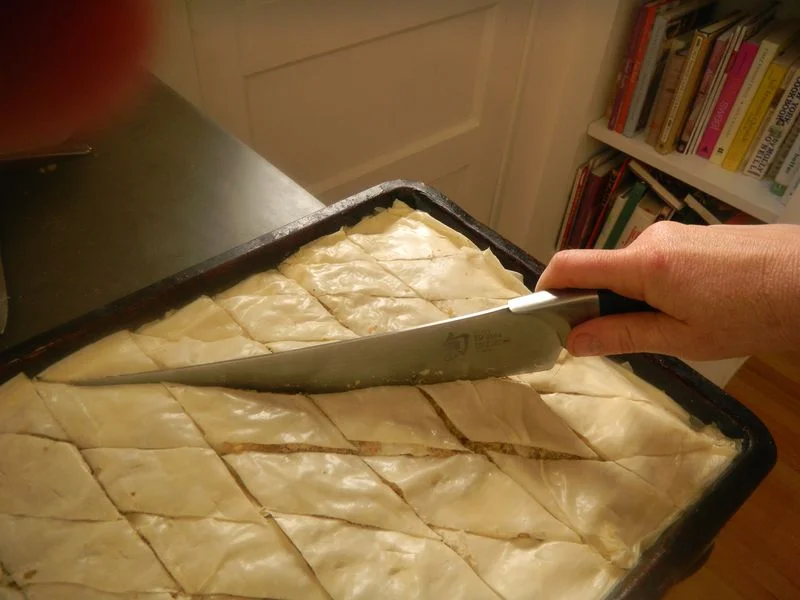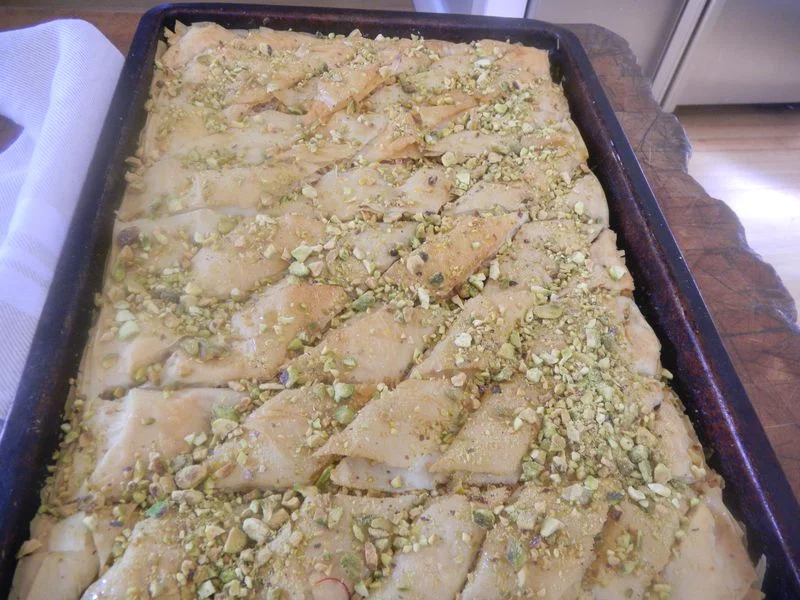By Humaira
I still get confused when people send me "Happy Ramazan" notes. Isn't this the month of fasting when muslims starve themselves? To my surprise, everyone in the Muslim world looks forward to the start of Ramazan (better knows as Ramadan in the West). How could this be? Shouldn’t they dread a whole month of not eating, drinking or doing anything pleasurable from dawn to dusk? The answer is a resounding, "No." Muslims around the world see Ramazan as a month of blessing, filled with introspection, charity, fasting and kinship with their fellow brothers and sisters. It’s also one of the five pillars of Islam so any healthy and able Muslim over the age of 12 fasts.
Ramazan falls in the 9th month of the Islamic lunar calendar. Since the lunar calendar is 12 days shorter than the solar calendar, Muslim holidays move each year. Yesterday was the official end of Ramazan.
Muslims fast from sunrise to sundown to remind them of the suffering of the poor and the duties of a Muslim to help others less fortunate than them. The fasting also helps Muslims practice physical and mental control. Families get up early for suhoor, a meal eaten before sunrise. Most Afghans choose filling food such as eggs, cheese, bread, halwa and of course lots of tea to sustain them through the day. After the sun sets, iftar or breaking of the fast is done with dates and a cup of tea for a quick burst of energy.
I find it hard to fast in my fast-paced American life and to recreate the magical Eid experience of my childhood for my children. However, in our family Jeja (my mom) is a diligent observer of Ramazan. She is 77 but she looks forward to the month of fasting and observes it with pride, enthusiasm and diligence. Ramazan ends with a three day holiday and celebration of Eid. Eid Mubarak!!
During Eid, Muslims around the world don new clothes, have parties, visit friends and family. They settle disputes and put differences behind. In Afghanistan children wear new clothes and receive gifts of cash called Eidi. As a I child I looked forward to Eid as it was one of the few times in the year when we purchased new clothes and were allowed to eat as much candy as we desired. We always went to my maternal grandfather's house for Eid where all my cousins, aunts and uncles gathered. We played and ate all day. Today after taking my kids to soccer camp we will go to Jeja's house to celebrate Eid together over a festive meal.
Fitting my global lifestyle, I am proud to say that this post is about a Muslim holiday with a recipe for a dessert that many Muslims serve at their Eid celebration by my co-blogger and dear friend Katie Morford who is Catholic.
Afghan Baklava with Rosewater
and Cardamom
2 1/3 cups sugar, divided
1 tsp. ground cardamom
¾ cup butter, melted
1 lb. filo dough (20 sheets)
1 cup water
The zest of 1 lemon
1 tbsp. lemon juice
1 pinch saffron threads
1 tbsp. rosewater (optional)
½ cup finely chopped pistachios
2 cups finely chopped walnuts
Preheat oven to 375 degrees.
In a small bowl mix together the walnuts, 1/3 cup of the sugar and the cardamom.
Use a pastry brush to coat the bottom and sides of a 16 x 12” jelly roll pan with melted butter (a cookie sheet with sides). Lay one sheet of filo on the pan and brush lightly with butter. Continue layering the filo and brushing with butter until you’ve laid down 5 sheets of filo. Sprinkle 1/3 of the walnut mixture over the filo. Repeat the 5 sheets of filo/butter process followed by walnuts two more times, finishing up the baklava with the last 5 sheets of filo/butter. Coat the top of the baklava with butter. In total, you will have 4 filo layers sandwiching 3 walnut layers. I’m bad at math so I like to be very specific here.
Cut baklava through all the layers lengthwise into strips spaced about 2 inches apart. Next, cut diagonally across the filo to create diamond-shaped pieces. Use a sharp knife and cut with care so the baklava layers stay together.
Set the baklava in the oven for about 30 minutes until lightly golden brown. While the baklava is baking, make the syrup. Combine the remaining 2 cups of sugar, the water, lemon zest, lemon juice, saffron and rosewater in a small saucepan and bring to a boil. Let it boil gently for about 10 minutes until the syrup reduces a bit and thickens enough to lightly coat the back of a spoon. Keep warm.
When the baklava is done, remove from the oven. Drizzle the syrup evenly over the top. Sprinkle with the chopped pistachios. Allow it to cool a bit before serving.
Stinson beach easter baklava 132
Stinson beach easter baklava 138
Stinson beach easter baklava 145
Except where otherwise noted, all content on this blog is licensed under the Creative Commons Attribution-NonCommercial-NoDerivs 3.0 Unported license.






